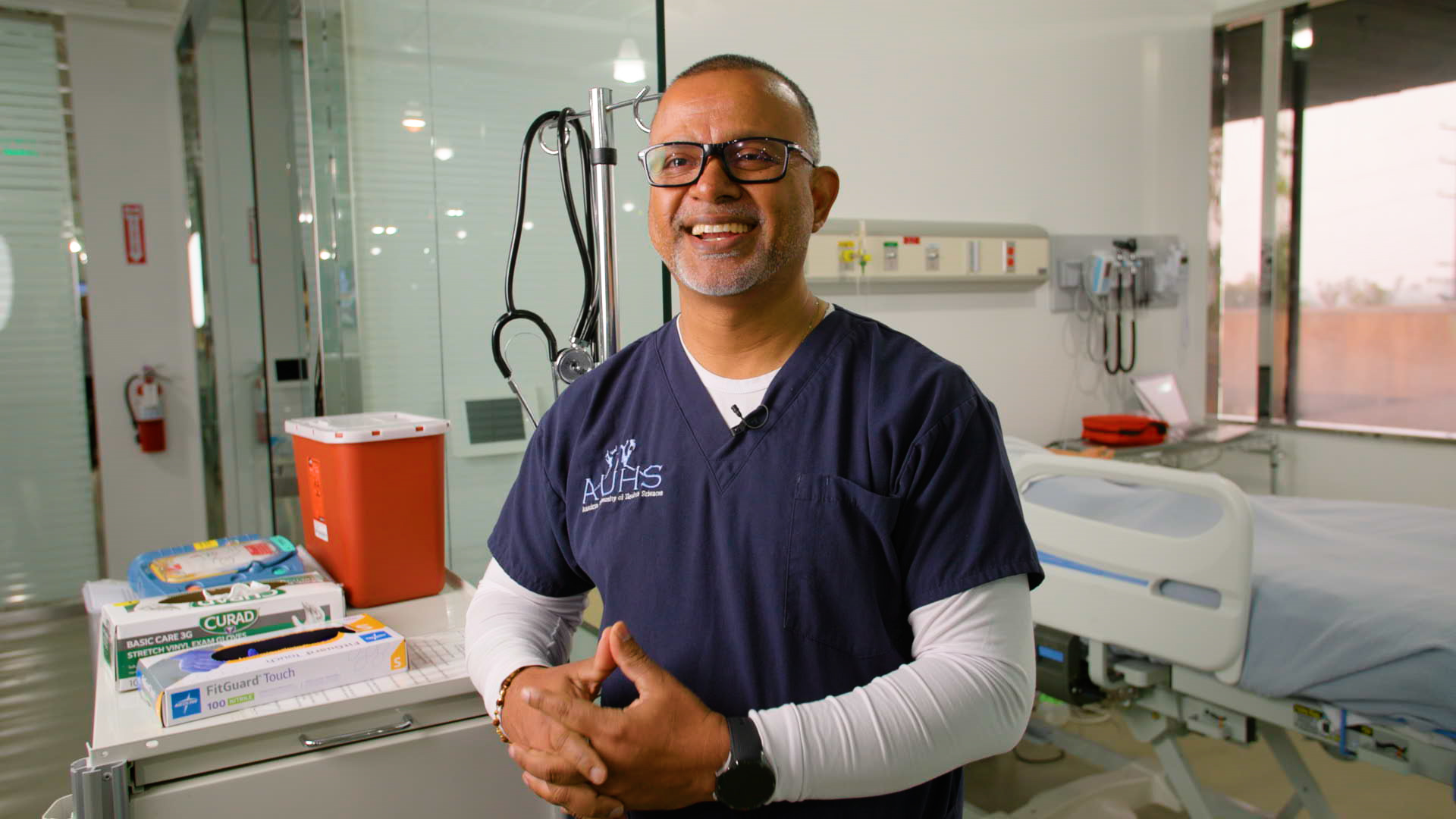By Dr. Gene J. Dillague, MD, MSCR, CCRA, Dean of the School of Clinical Research
Clinical research is the scientific study of health and disease in people. Unlike laboratory or animal studies, it directly involves human volunteers to test how the body responds to conditions, interventions, and treatments. It includes clinical trials that evaluate new drugs or devices, observational studies that monitor health patterns, and behavioral research exploring lifestyle factors.

The importance of clinical research lies in its ability to transform discoveries into safe, effective healthcare. Every vaccine, medication, and surgical technique once underwent rigorous clinical research before reaching patients. This process ensures treatments work as intended, identifies potential risks, and helps determine who benefits most, advancing personalized medicine.
For university students, clinical research offers a chance to engage with science at its most impactful level. It sharpens critical thinking, builds analytical skills, and cultivates ethical awareness. More importantly, it places you at the heart of innovation—where your work can directly improve lives.
In short, clinical research is the bridge between discovery and healing. By joining this field, you do more than study medicine—you help create it—shaping the future of healthcare and contributing to breakthroughs that benefit communities worldwide.












